What to Know About Mulching Plant Beds
Gardening is a hobby that many people find relaxing and enjoyable. It can also add visual appeal to your yard. Growing plants requires a certain amount of care and maintenance. Taking care of your plant beds properly should include regular mulching. Regular mulching will help prolong the life of your plants and improve their overall appearance. If you want your plants to look healthier and live longer, adding routine mulching to your plant care is a good idea. Let's discuss what you should know about mulching.
Improves Soil
Mulches made from organic materials break down and help fertilize the soil. Mulching also encourages earthworms, which feed on the decomposing organic matter and produce nutrient-packed excrement. This creates a cycle of nutrients and improves your soil's productivity.
Enhances Visual Appeal
Since it comes in a vast array of colors, mulch can add visual appeal to your landscaping. You can choose colors that complement your home and the colors of any flower bed. Mulch also keeps your plants cleaner and prettier by preventing wet dirt from interfering with the plants.
Protects Your Plants
The layer of mulch you put over your plant beds acts as an insulator and helps protect your plants from temperature changes. The proper layer of mulch will keep plants cool in the hot summer and warm in the cooler months. This is especially helpful for young plants in the summer months. Mulching also helps protect against erosion and water runoff.
Conserves Moisture
Regular mulching helps slow moisture evaporation so that the water remains in the soil and you don't have to water as much because mulching conserves moisture. As a result, this will save time spent watering.
Prevents Weeds
The proper mulch depth will help prevent weeds from growing and taking over your plant beds. The mulch blocks the sun, and the weeds are unable to grow. It's also easier to spot any weeds in the mulched area. This saves you the effort and time necessary for weeding.
Use the Proper Mulch
Mulch comes in many different materials. For example, there's organic mulch made out of wood that comes in a variety of colors. The benefit of organic mulch is that it breaks down and releases nutrients into the soil. Typically, organic mulch should be applied yearly to maintain your plant beds' health.
The other kind of mulch is inorganic. Inorganic mulch does not break down over time and is usually made out of rock or recycled rubber products. These mulches cost more than organic mulches, but the benefit is that they last a long time and do not need to be reapplied.
Appropriate Timing
Mulch can be applied in the spring or fall. It should be used whenever the soil is bare to protect your plants. Applying it to young plants before the hot summer months helps protect them from getting scorched. With all the falling leaves in the fall, you can take advantage of free materials to use for your mulch.
Use the Correct Amount
If you've never used mulch before, it's essential to understand the proper way to apply it and how much to use. If you apply it incorrectly, the mulch can have a harmful effect. If you apply too much, your plants will not get enough water. According to the Mulch and Soil Council, a depth of 2 to 4 inches should be used when mulching for outdoor application purposes, especially weed control and moisture conservation. The depth will depend on what type of mulch you're using and the location.
The proper use of mulch can help your plant beds thrive and look fantastic. The right mulch can also add color and aesthetic appeal to the overall appearance of your landscaping. Mulching saves you time on pulling weeds and having to water as often. Adding regular mulching to your gardening routine is definitely worth it. For quality mulch, contact Red Bark Inc today!


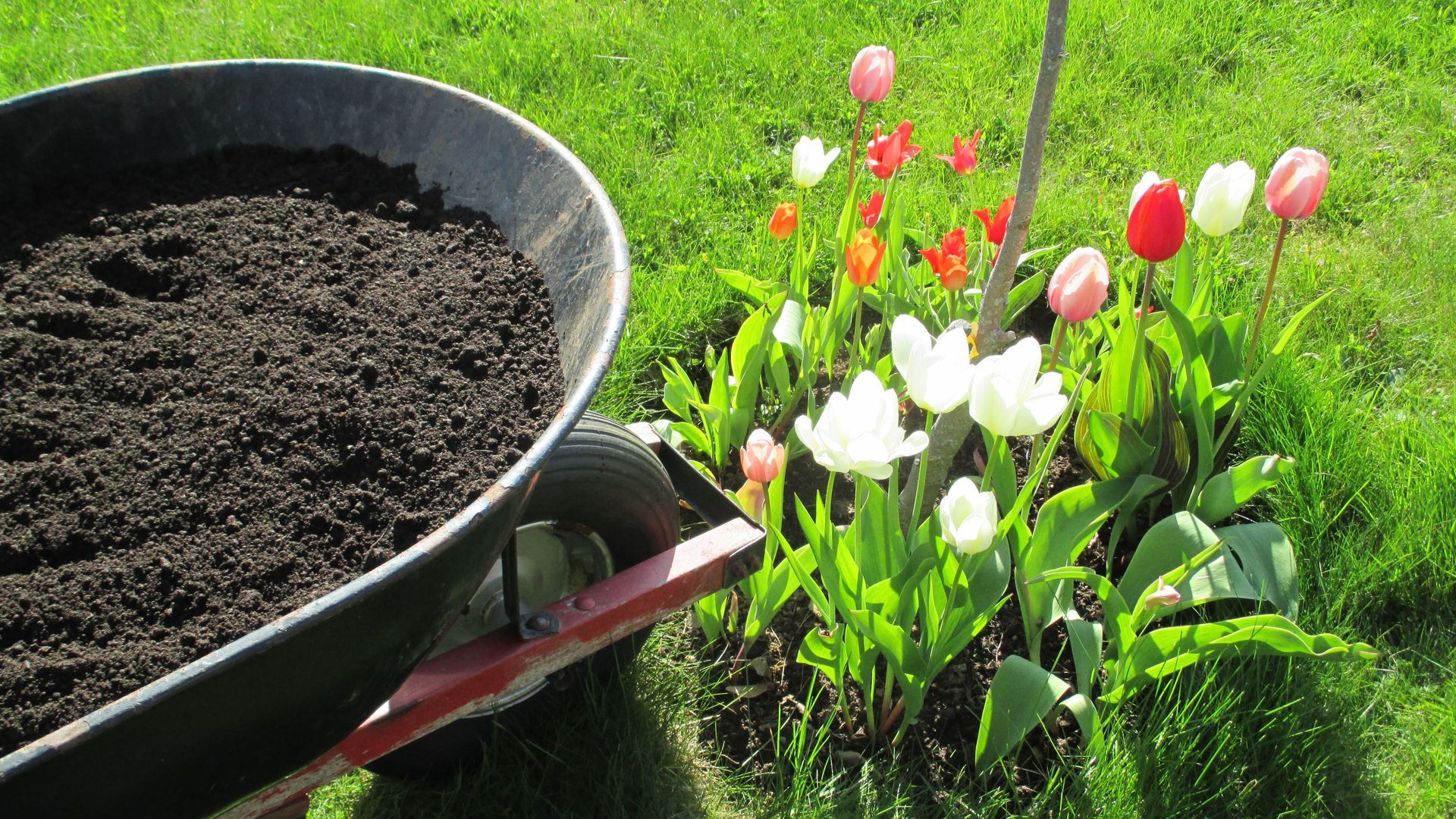
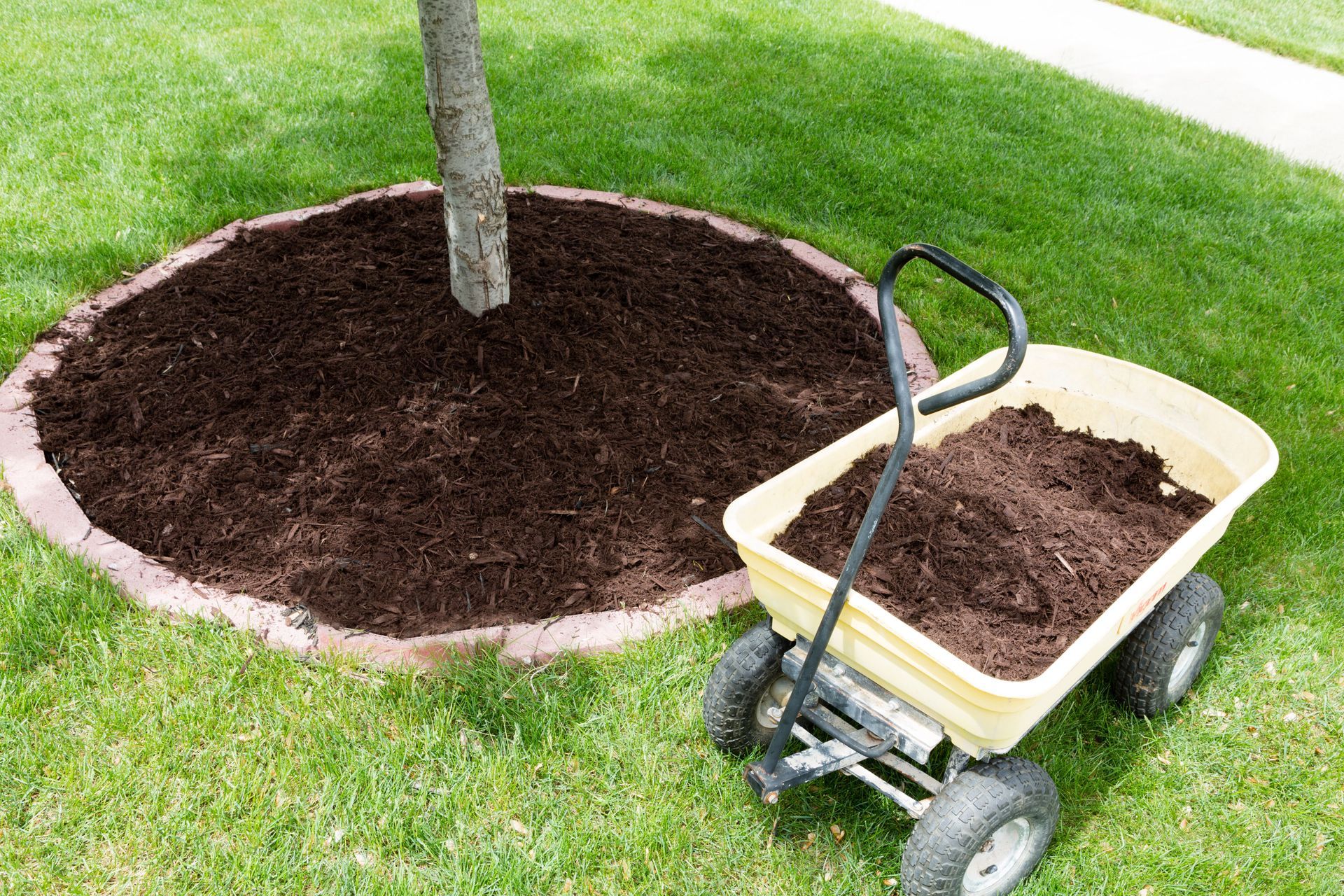
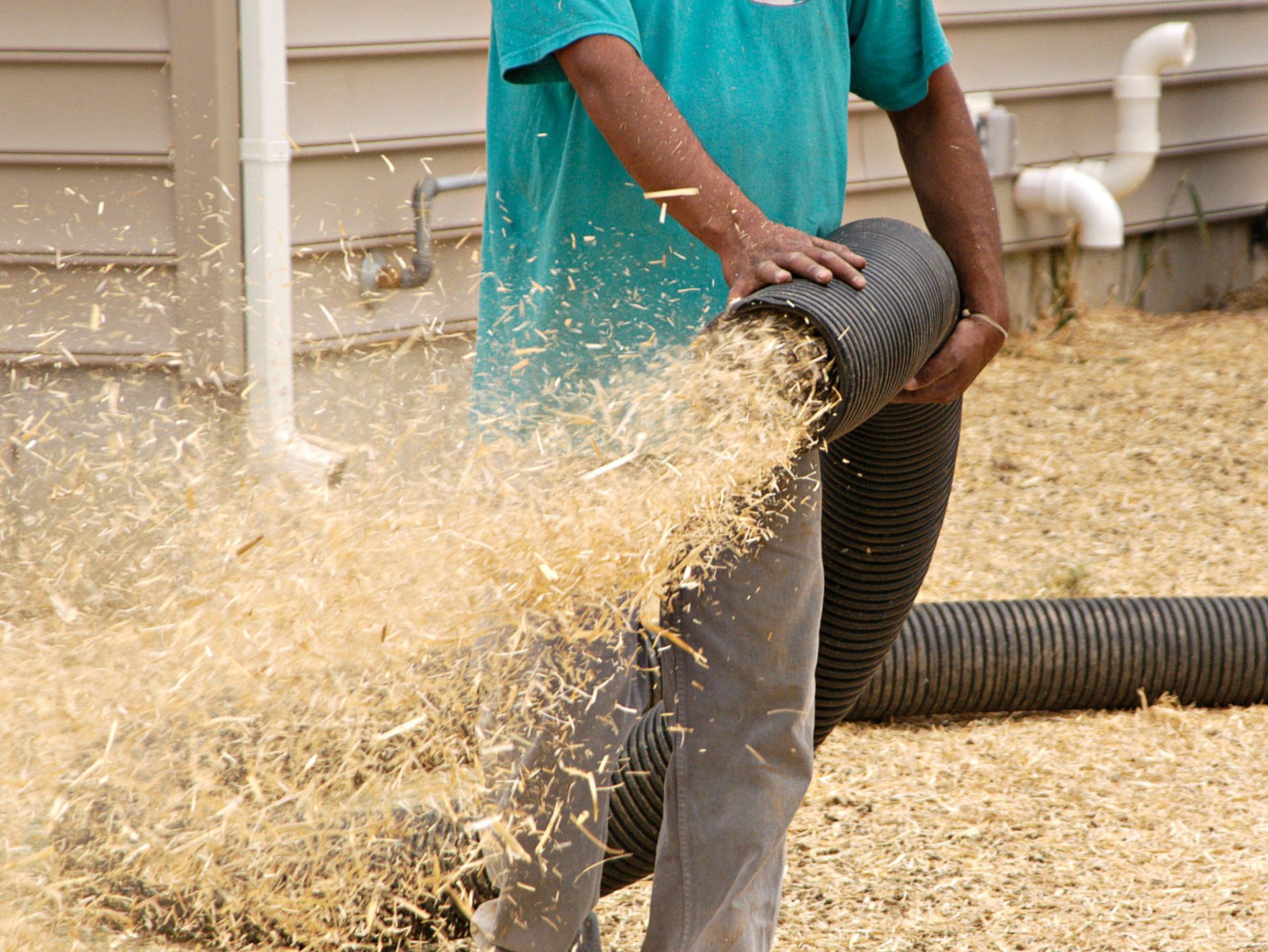
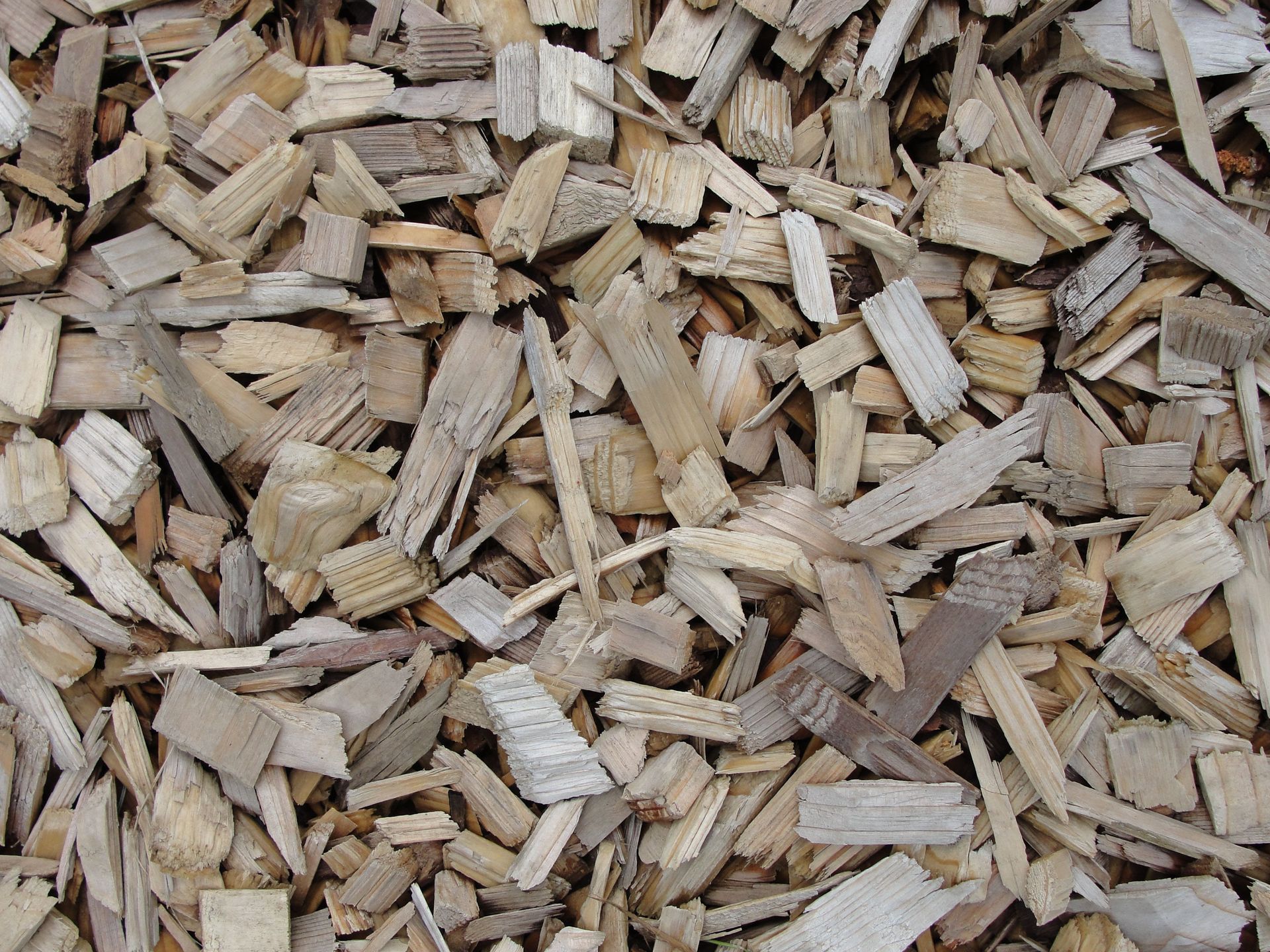
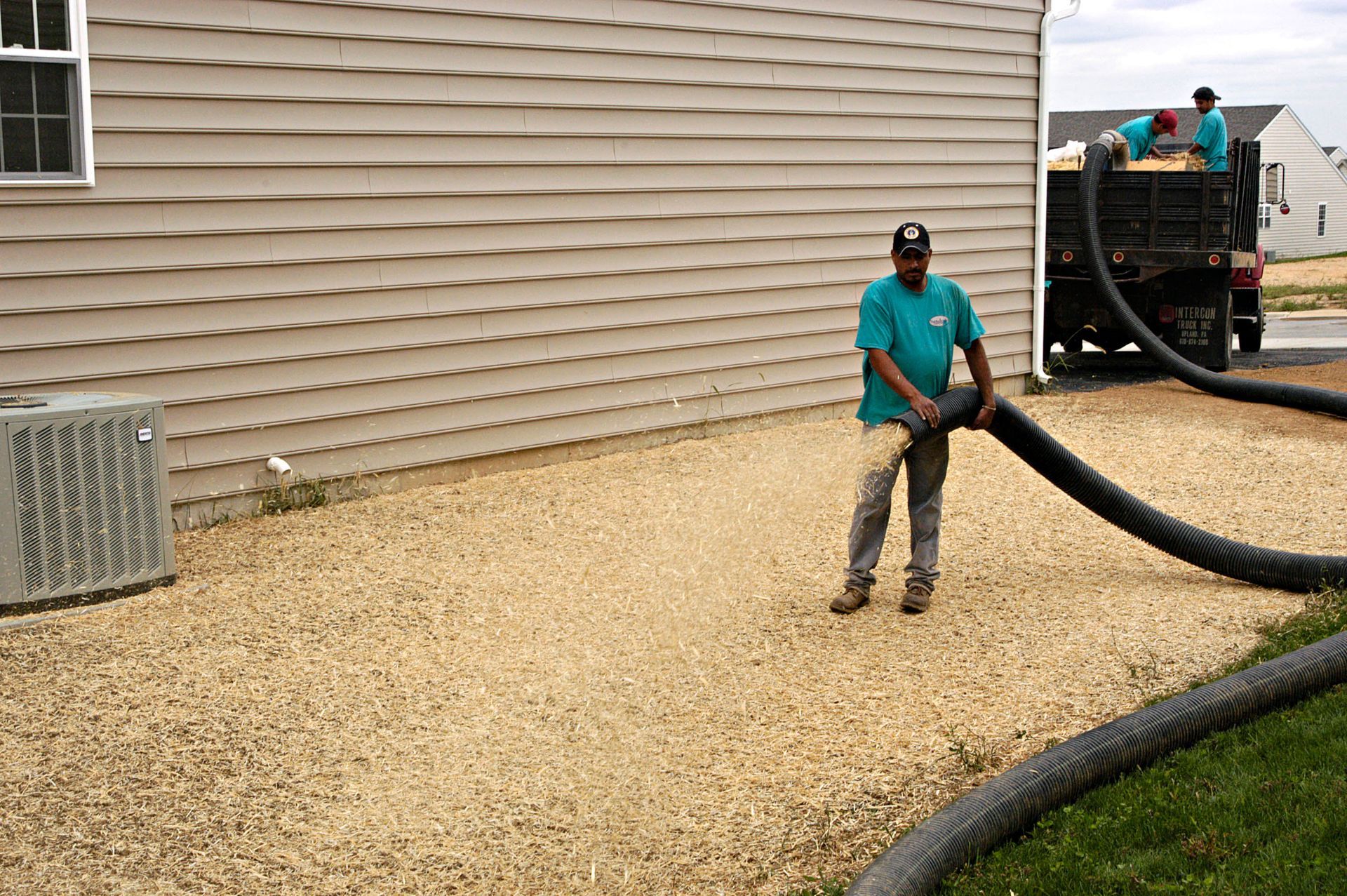
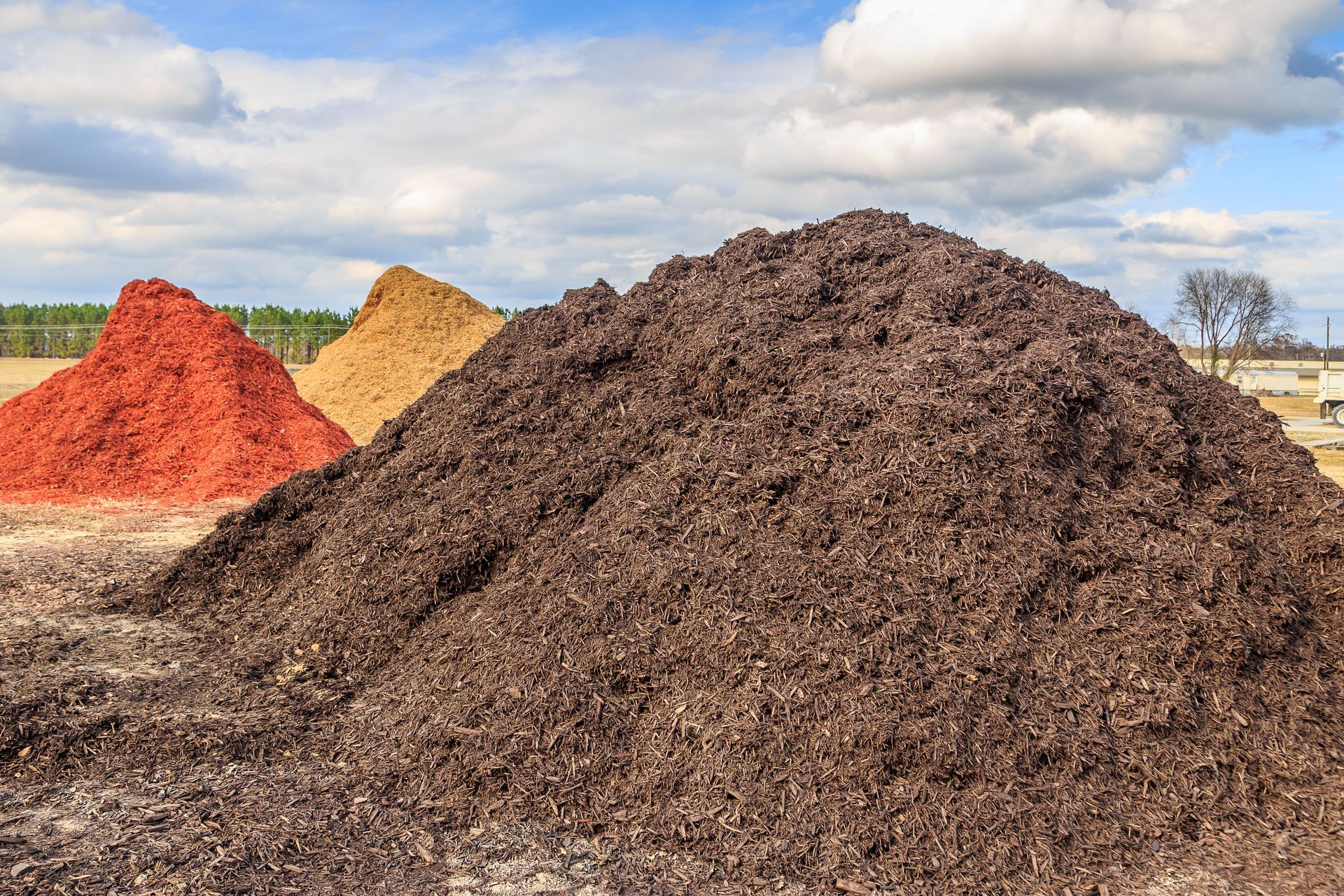
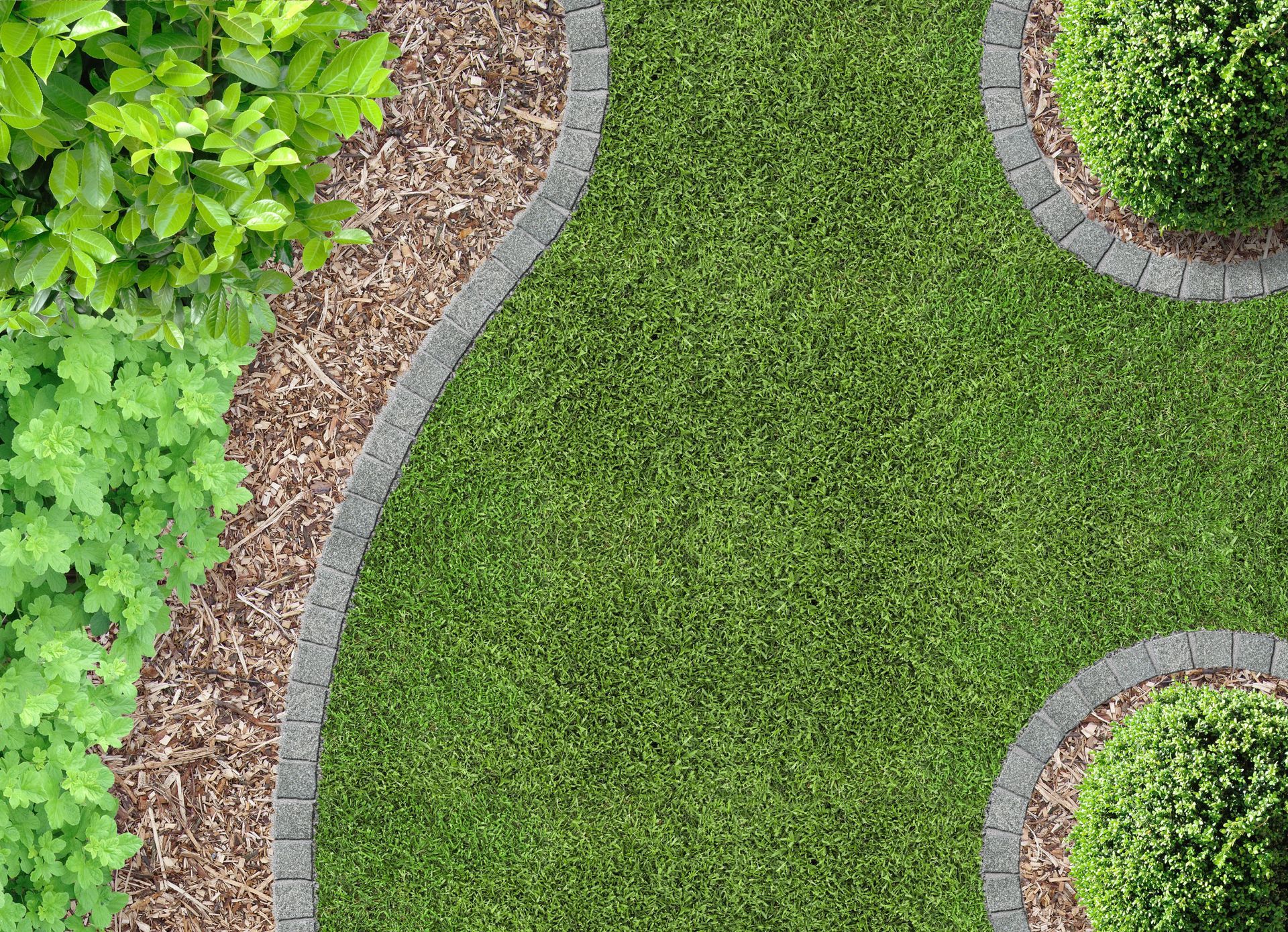
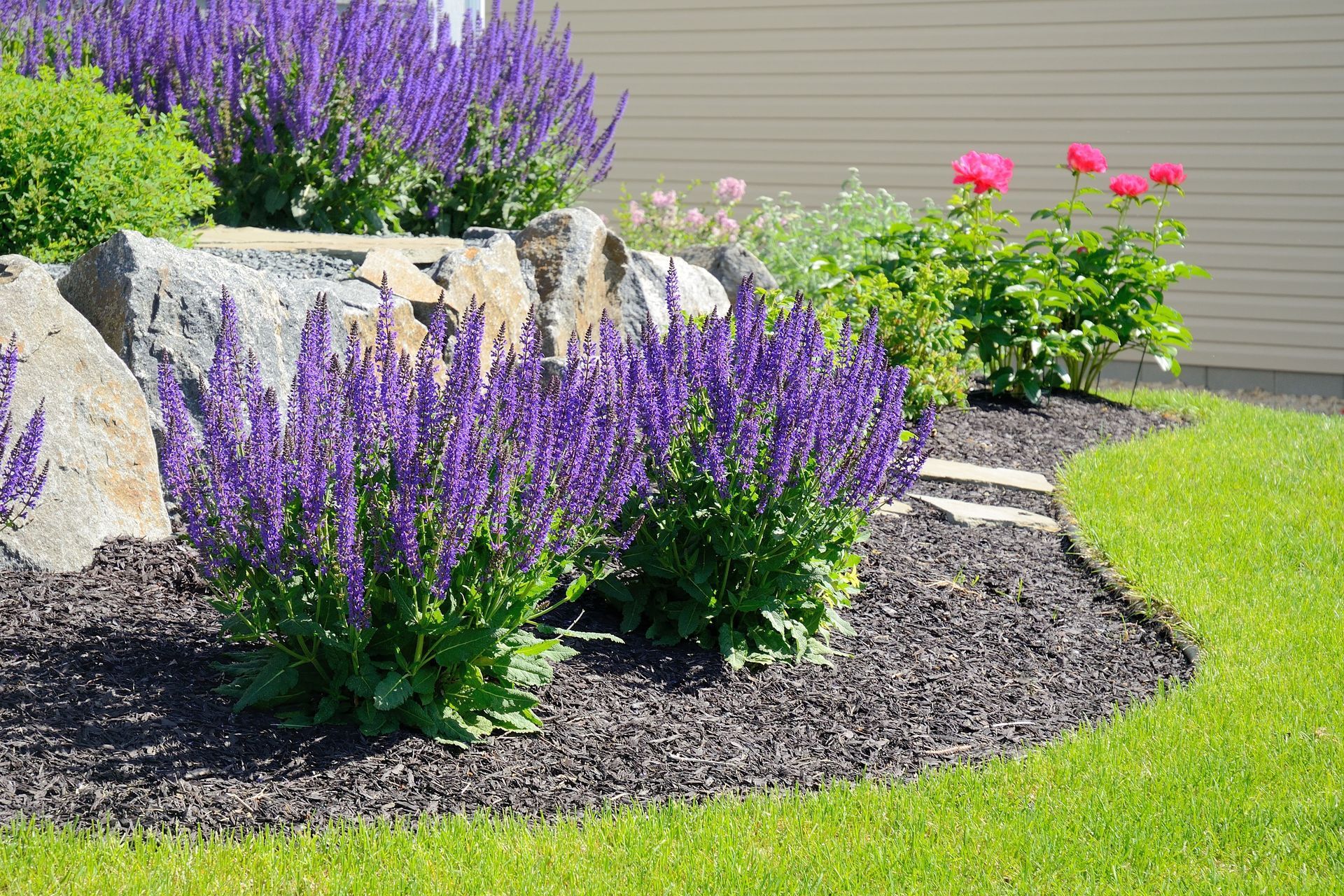
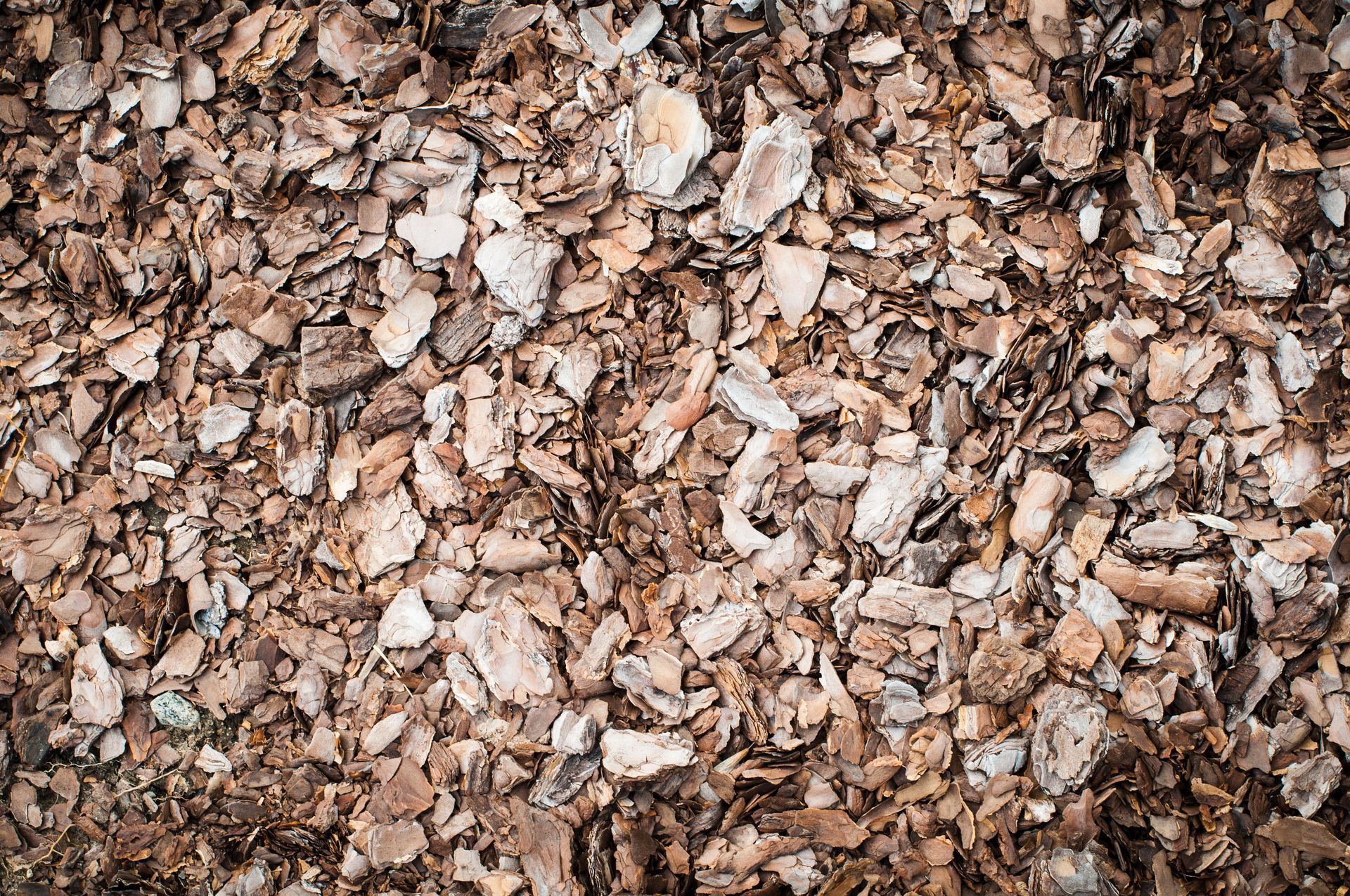
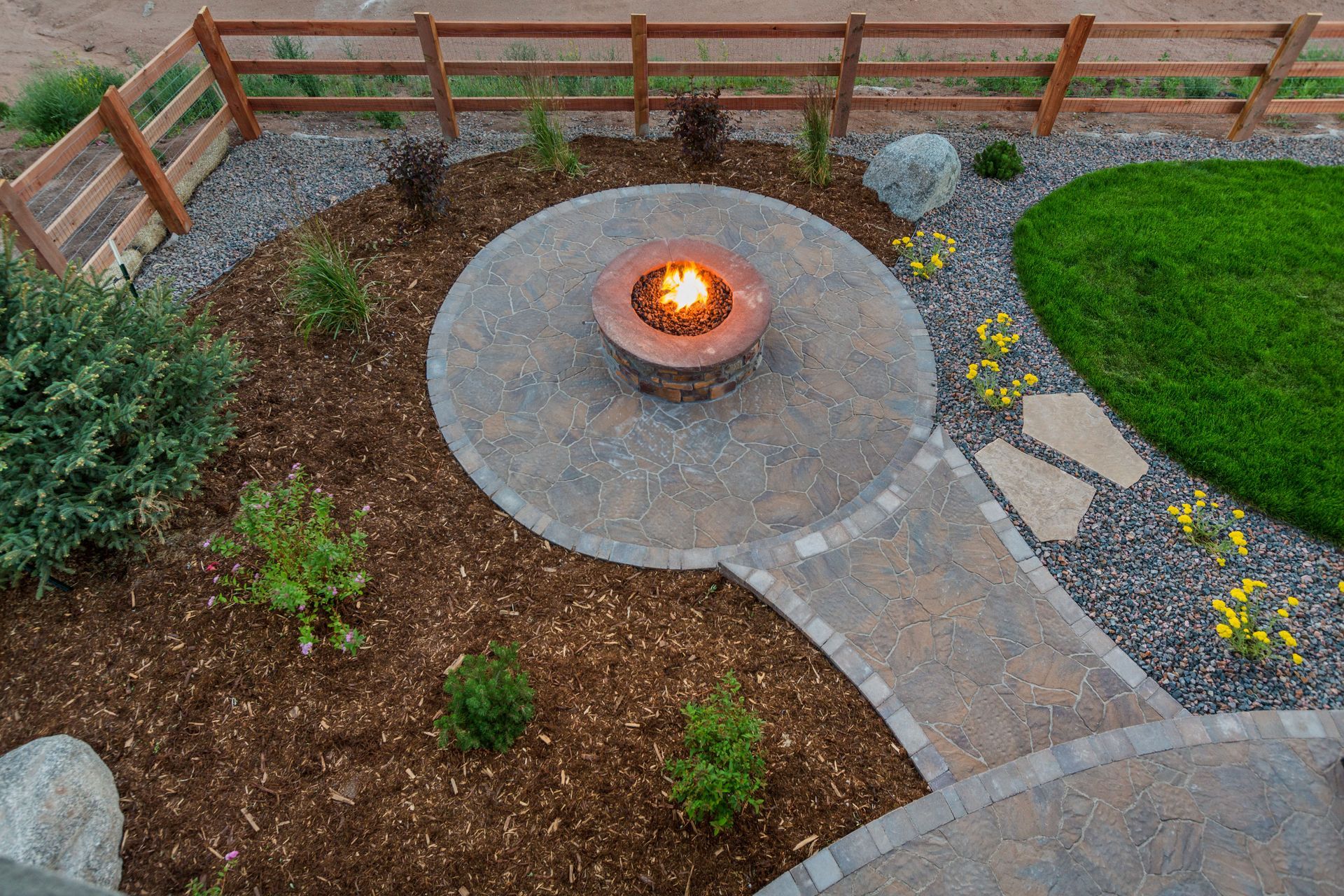
Share On: